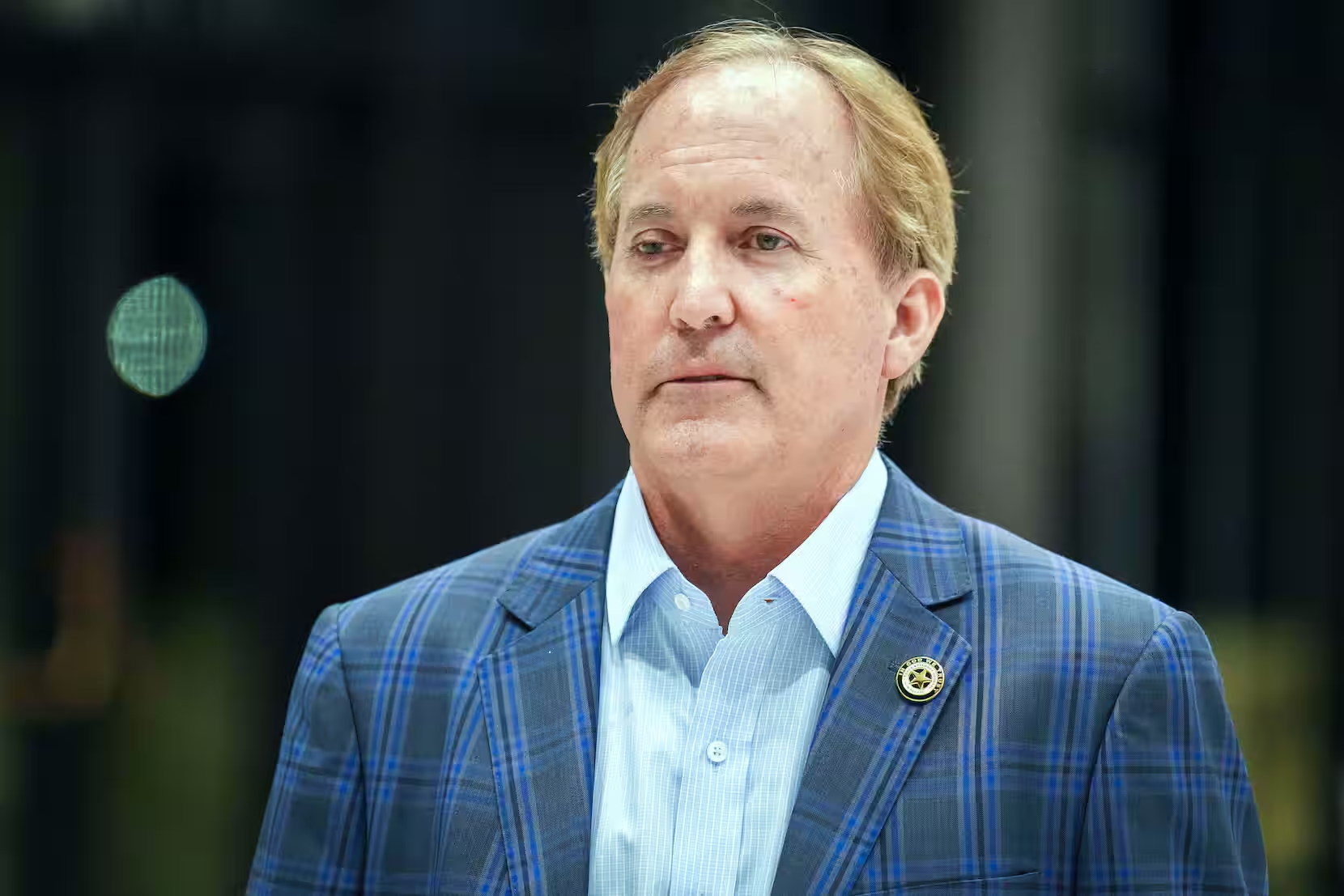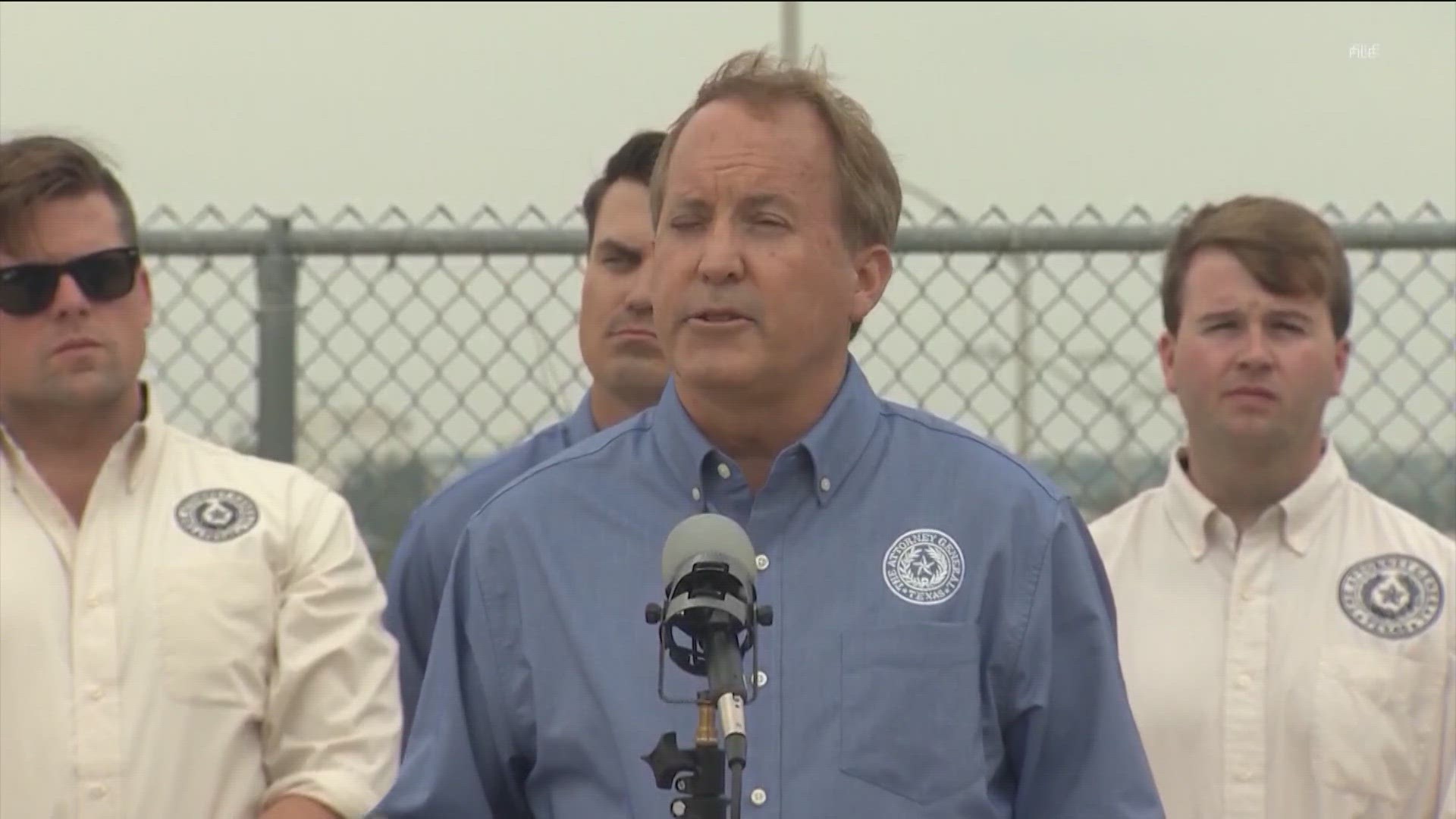Texas AG Ken Paxton Under Fire for Targeting Guaranteed Income Program Amidst Corporate Welfare Debate
Controversy Surrounds Texas AG Ken Paxton’s Opposition to Guaranteed Income Program amidst Allegations of Hypocrisy
Texas Attorney General Ken Paxton has stirred controversy by targeting a guaranteed income pilot program in Harlingen while seemingly endorsing corporate welfare, according to the published article of Fort Worth Star-Telegram. Paxton’s lawsuit against the program reflects his stance that “there is no such thing as free money” raising questions about his priorities in addressing poverty alleviation initiatives. The guaranteed income program designed to provide financial assistance to low-income residents with no strings attached has faced opposition from Paxton, despite its potential to offer crucial support to struggling individuals and families.
Critics have accused Paxton of hypocrisy pointing out his apparent indifference towards corporate welfare while challenging efforts to uplift marginalized communities through direct financial assistance. While Paxton decries the concept of “free money” his silence on corporate subsidies and tax breaks raises concerns about his commitment to equitable economic policies. The lawsuit against the guaranteed income program underscores broader debates about government intervention in addressing poverty and the role of social welfare programs in promoting shared prosperity. As the legal battle unfolds, advocates for guaranteed income programs emphasize their potential to empower individuals, address systemic inequities, and stimulate economic growth from the ground up.
READ ALSO: A $55 Million Settlement to Tackle Pandemic Fallout – Michigan’s UIA Payout and Reform

Texas AG Ken Paxton’s Lawsuit Sparks Debate Over Guaranteed Income Program and State’s Economic Policies
Furthermore, Paxton’s lawsuit against the guaranteed income program raises broader questions about the state’s approach to addressing poverty and inequality. While Paxton argues against what he perceives as “free money” critics argue that targeted financial assistance programs can play a vital role in reducing economic hardship and promoting upward mobility. The discrepancy between Paxton’s stance on corporate welfare and his opposition to direct financial aid underscores deeper concerns about equity and fairness in Texas’s economic policies. Additionally, the lawsuit highlights the ongoing tension between conservative ideologies emphasizing personal responsibility and the need for robust social safety nets to support vulnerable populations. Advocates for guaranteed income programs stress the importance of addressing systemic barriers to economic security, such as income inequality and lack of access to affordable housing and healthcare.
READ ALSO: Navigating Tax Refund Season: Understanding IRS Refund Delays and Seizures
